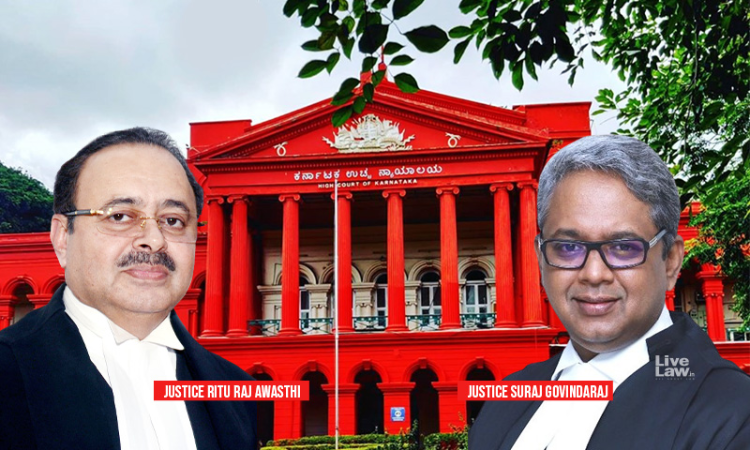Execution Of Foreign Arbitral Award, Singapore Being Reciprocating Country , Enforceable: Karnataka High Court
Parina Katyal
3 April 2022 12:06 PM IST

Next Story
3 April 2022 12:06 PM IST
The Karnataka High Court has ruled that an international commercial arbitral award rendered between parties that have no connection with India can be enforced by a Court in India if the property against which the award is sought to be enforced lies within the territorial jurisdiction of the Court. The Bench, consisting of Chief Justice Ritu Raj Awasthi and Justice Suraj Govindaraj,...
